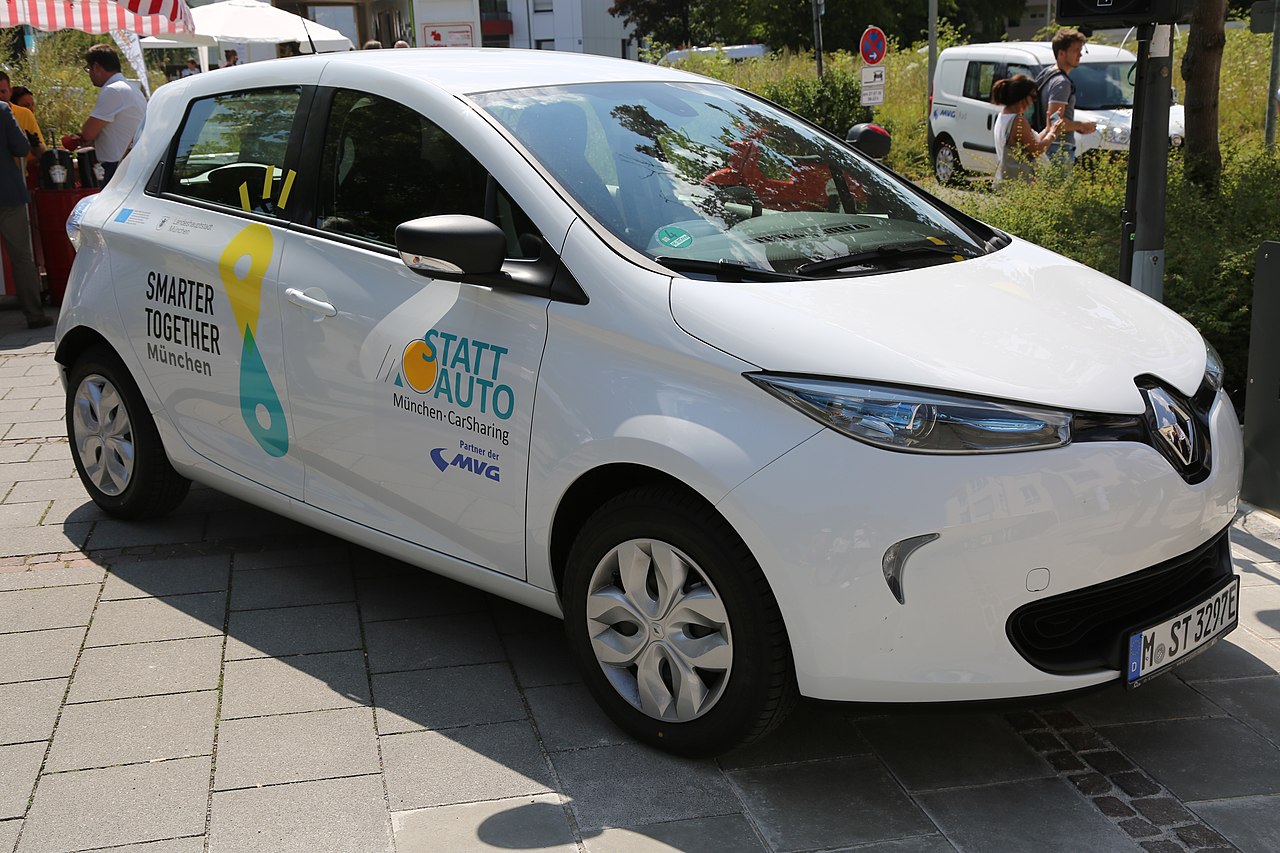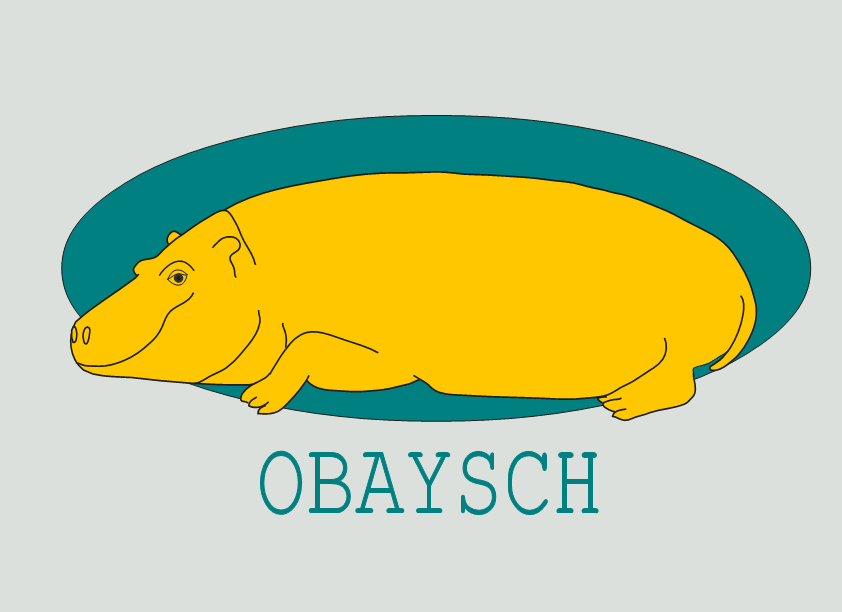This exercise has been created for (and tried out successfully at) the Data Modeling Meetup Munich (DM3).
It works best with small groups (at least 3, not more than 6 people). If possible, split your team in multiple groups (at least 2, not more than 4). Then, you can discuss and compare the results from the different groups afterwards.
 Carsharing in Munich
Carsharing in Munich
By Henning Schlottmann [CC BY-SA], via Wikimedia Commons
Case Study
Car2Drive is a hip young carsharing company that is present in many major (and increasingly also not-so-major) cities. To appeal to all relevant demographic groups, it offers a range of models from supermini to SUV.
A fleet of cars is positioned all over the cities where Car2Drive is available. Customer can use an app to find, reserve and open the cars. They are billed according to the time spent in the car, the model of the car and the plan they have chosen (e. g. with or without a monthly fee).
Rich investors from the Middle and Far East have bet a lot of money on Car2Drive. They want to see reliable numbers and a clear path to profitability. You have been tasked with creating a data vault that will serve as the foundation for these efforts.
Possible Core Business Concepts
- City
- Customer
- Model
- Plan
- Ride
- Reservation
- Vehicle
Exercise
As a group, create the backbone of a data vault model (hubs and links) for Car2Drive on a whiteboard or flipchart. Use the list of possible core business concepts as an inspiration for your hubs. You have 15 minutes.
